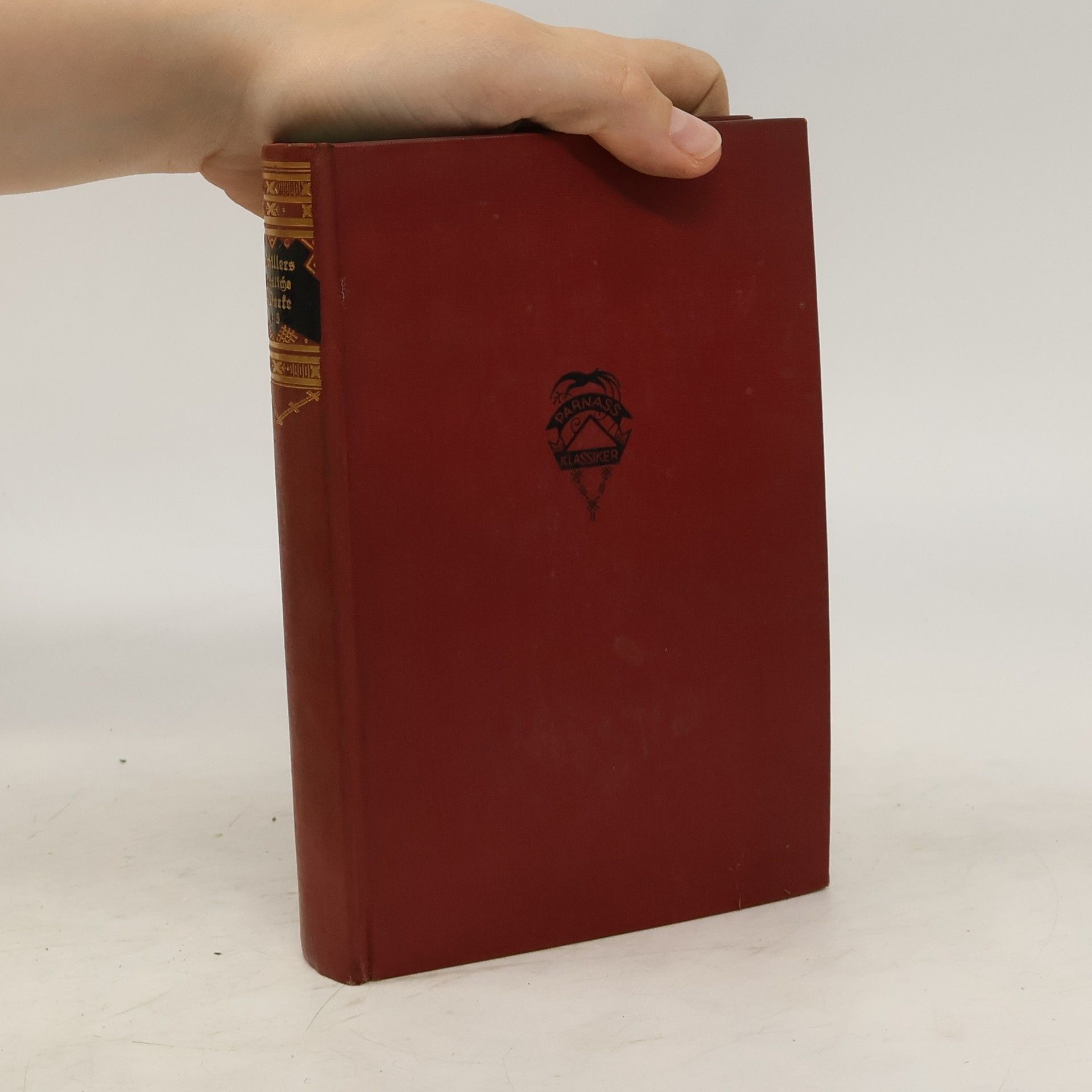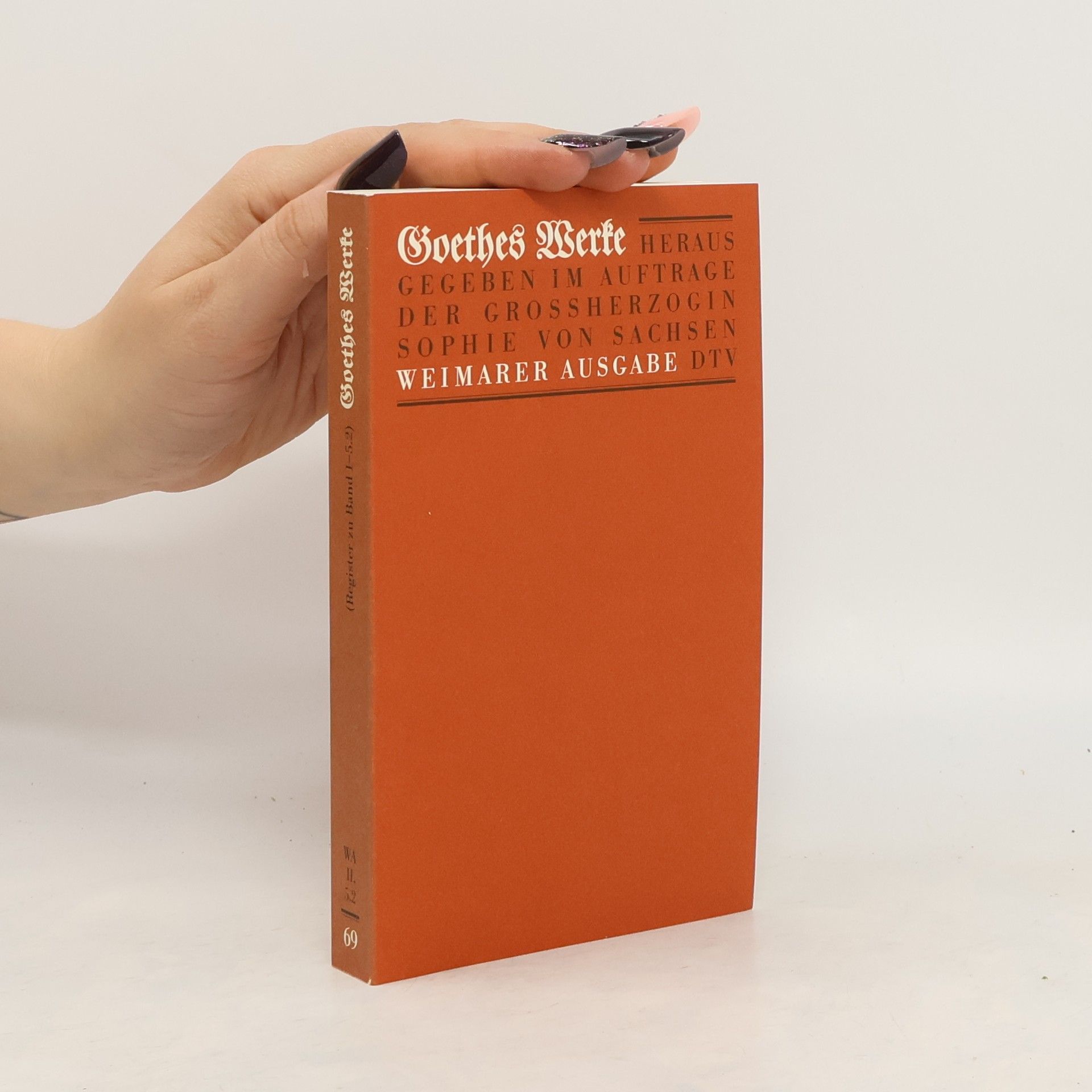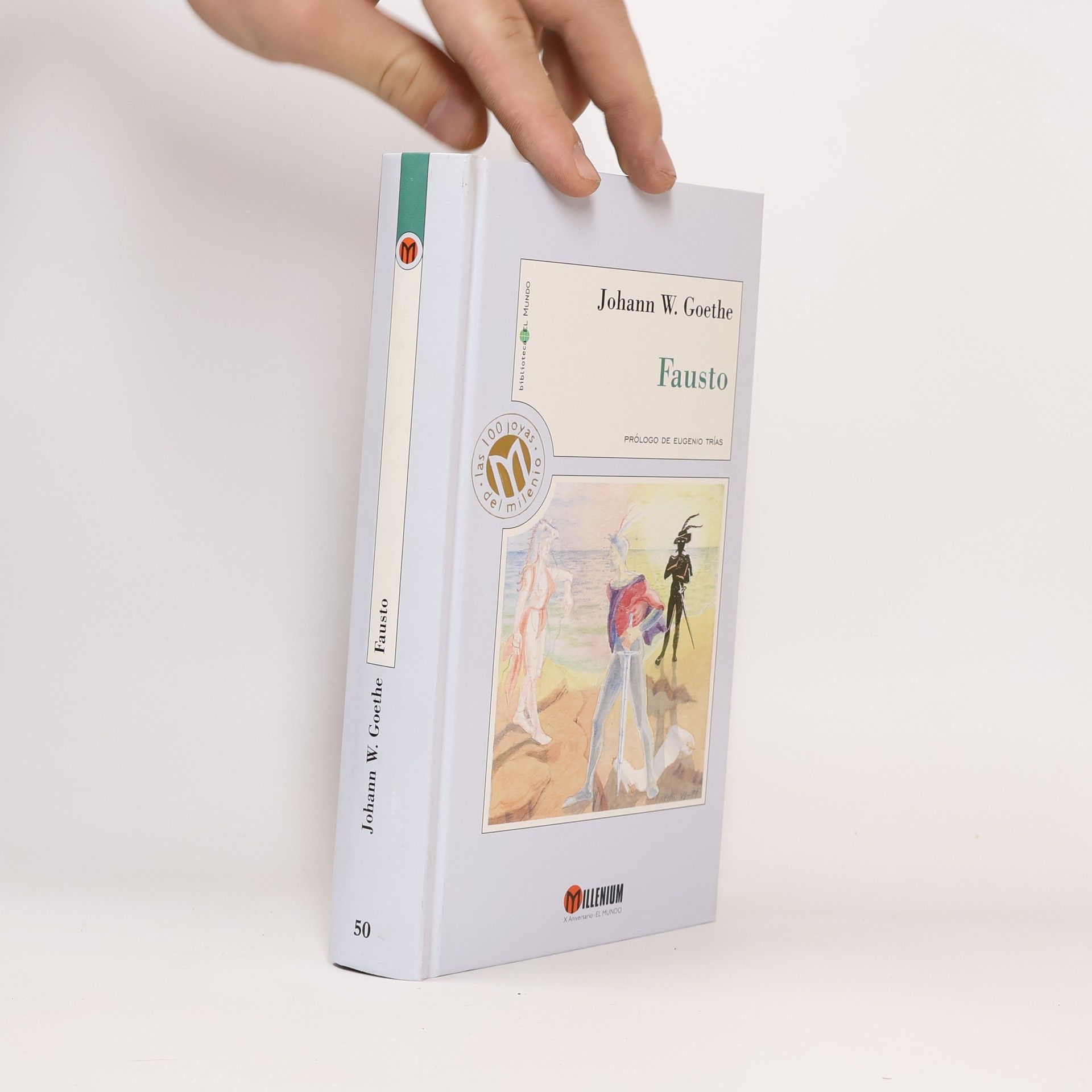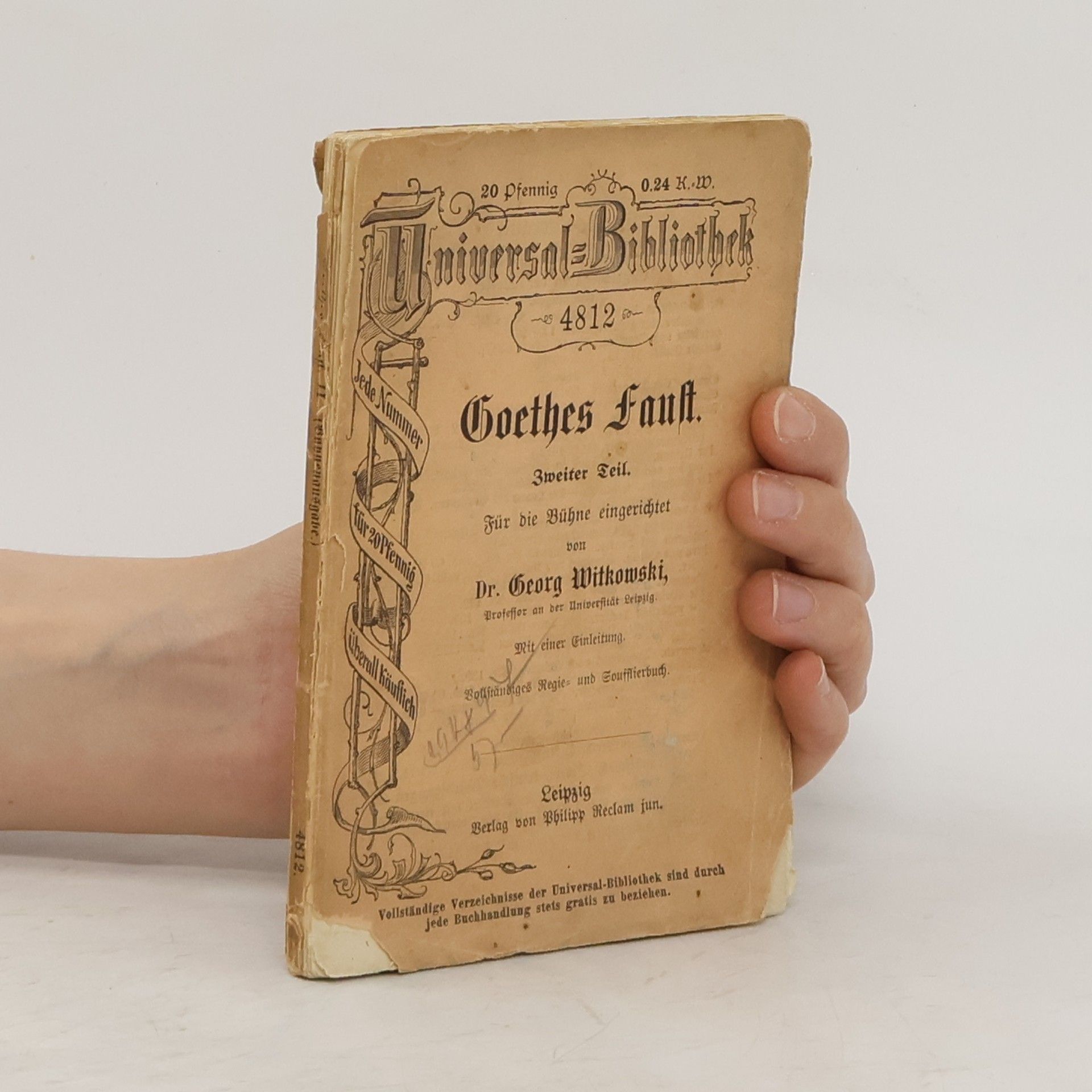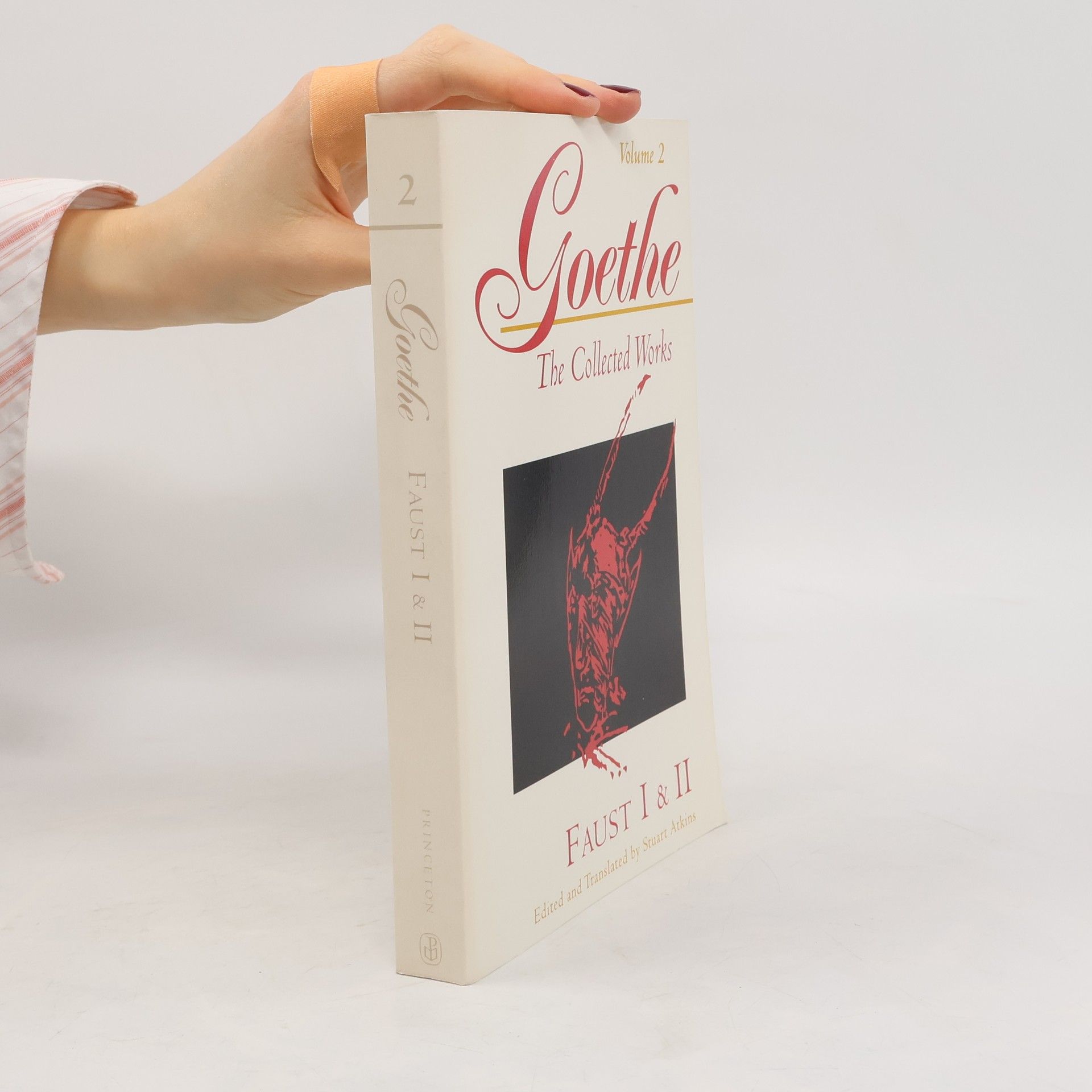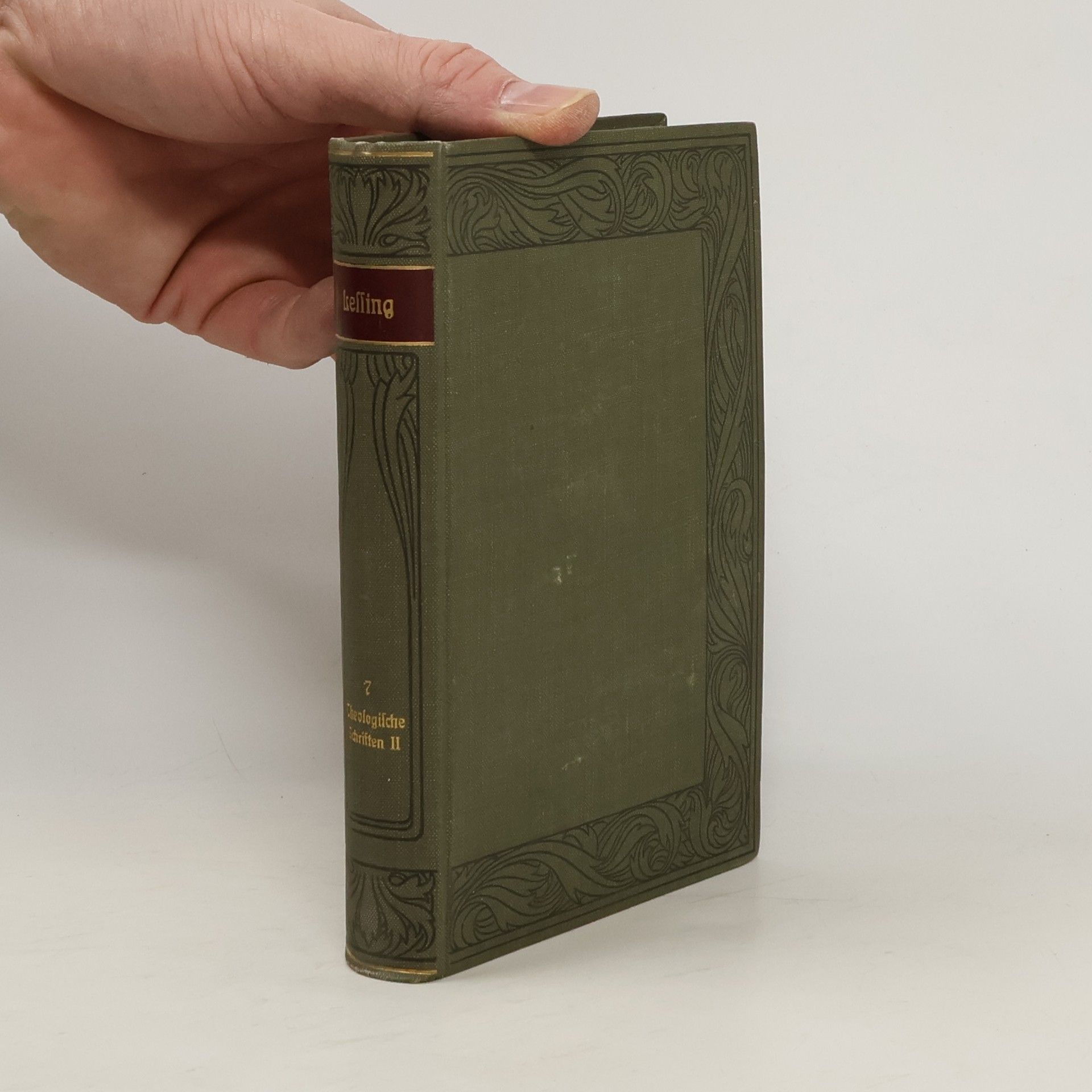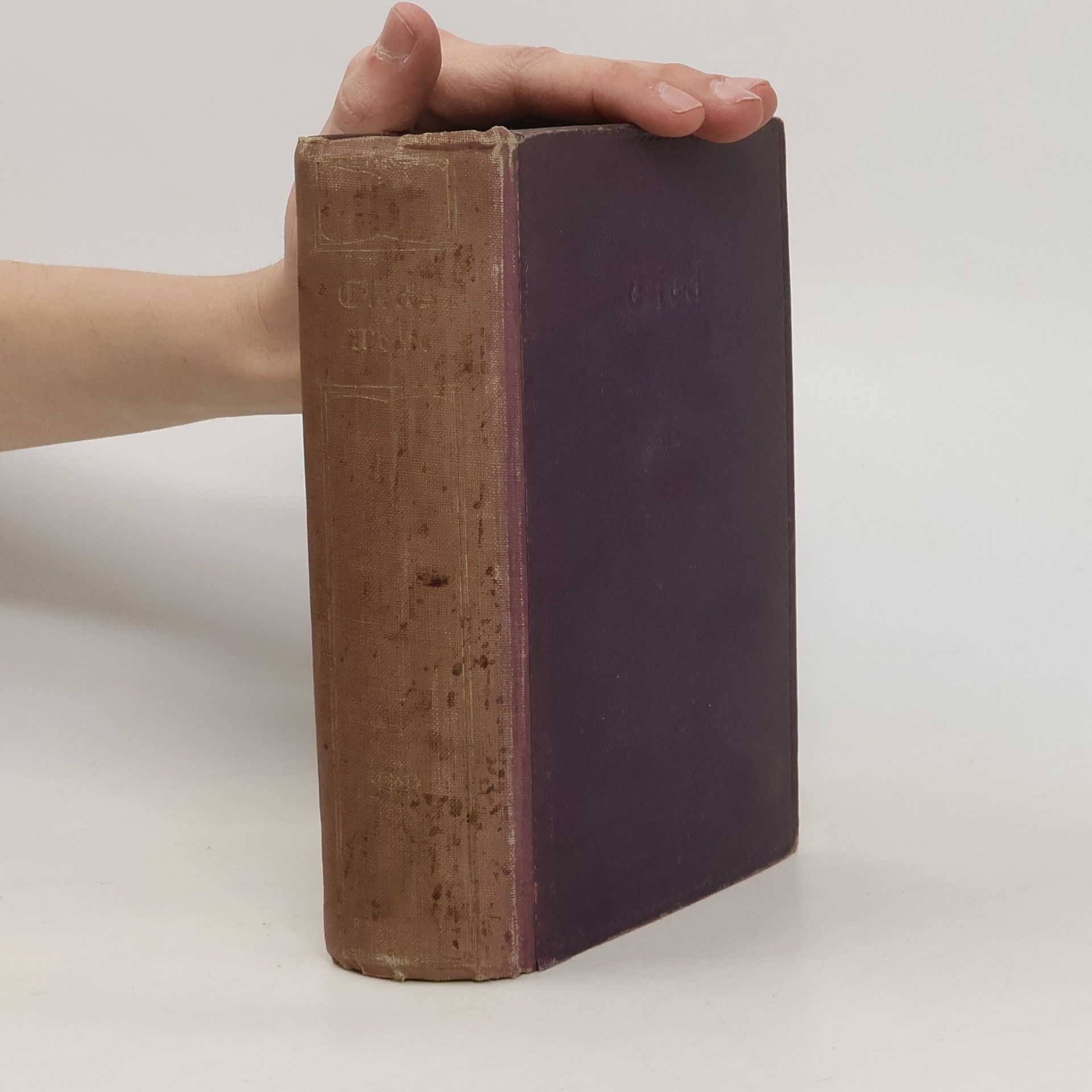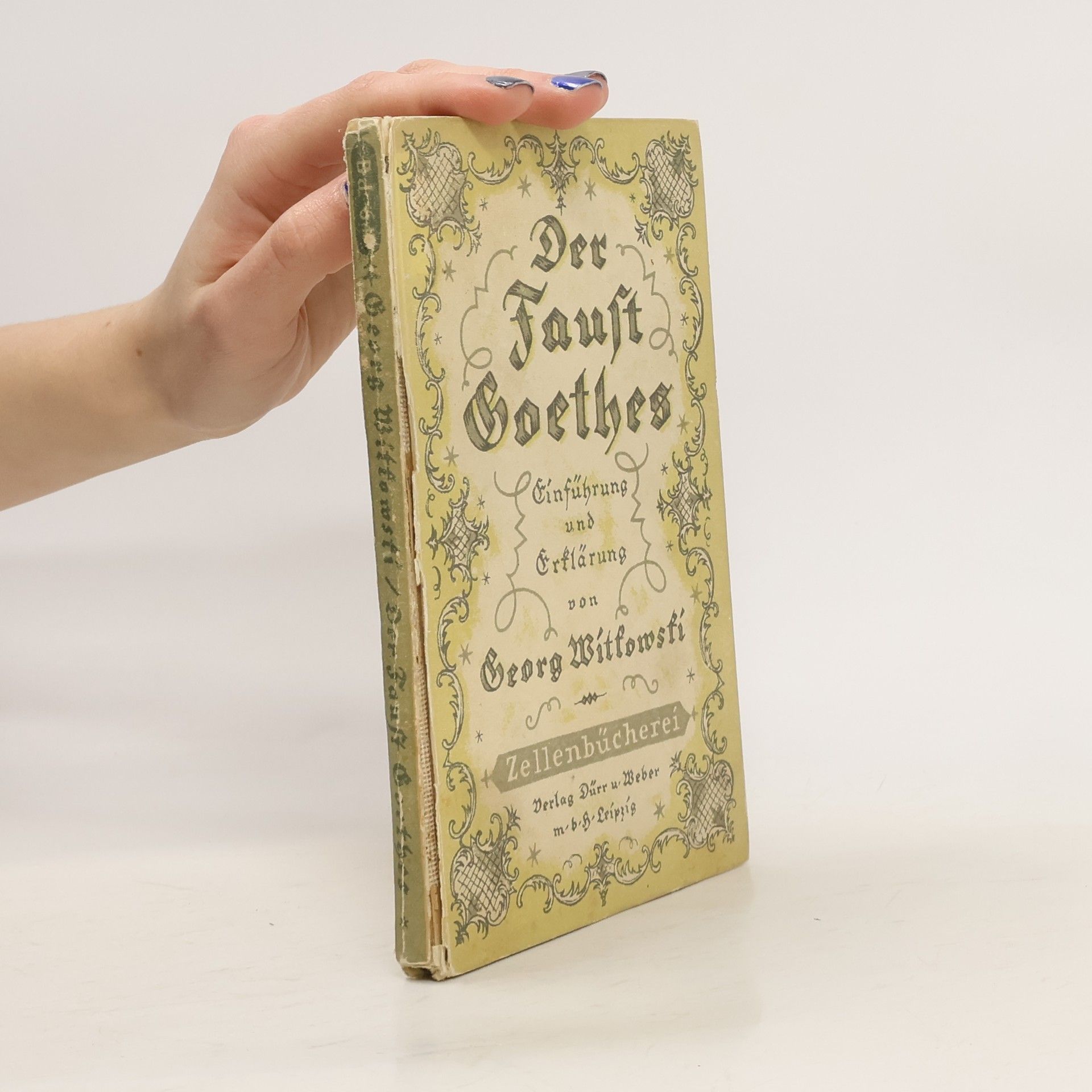The Collected Works - 2: Faust I & II
- 329 páginas
- 12 horas de lectura
Goethe's most complex work, Faust, represents the culmination of his lifelong artistic journey, developed over sixty years. It serves as a testament to his moral and artistic evolution, drawing from a rich tapestry of cultural and historical influences. The drama encapsulates the relentless pursuit of progress by Western humanity. This new English translation captures the poem's diverse tones and poetic richness, employing contemporary language while preserving Goethe's formal and rhythmic variety. The translation effectively conveys the original's sense and tonal nuances without resorting to archaic expressions or excessive interpretation. Accompanying the text is a brief essay that sheds light on Goethe's reflections during the six decades of composition, alongside notes that clarify allusions and highlight significant metrical features for English readers. This work is part of a twelve-volume paperback series that aims to present a reliable translation of Goethe's extensive oeuvre, selected from over 140 German volumes. This edition stands as a new standard in English, encompassing poetry, drama, fiction, memoir, criticism, and scientific writing. The complete series is also available in hardcover through Princeton University Press.
